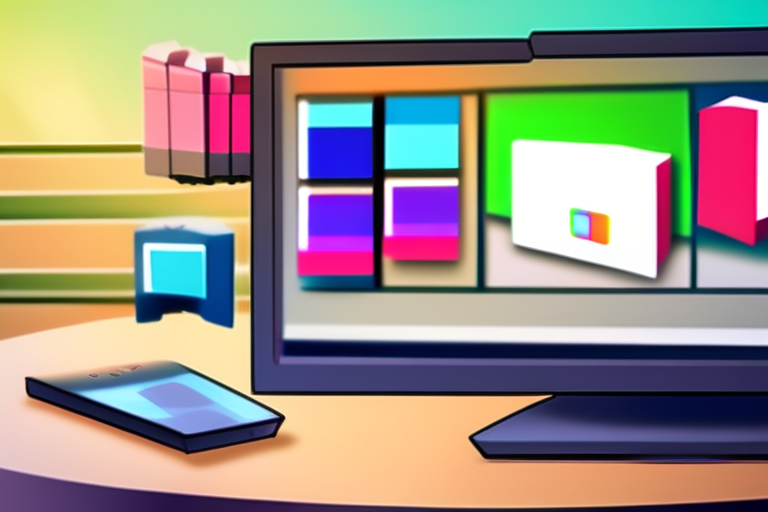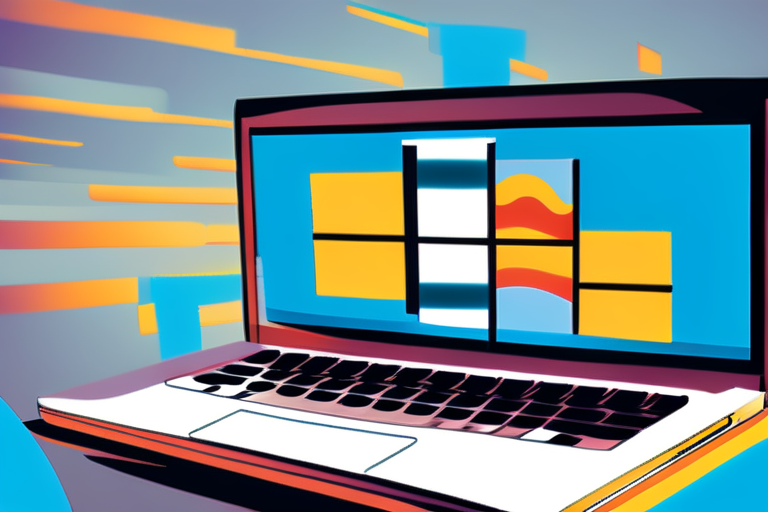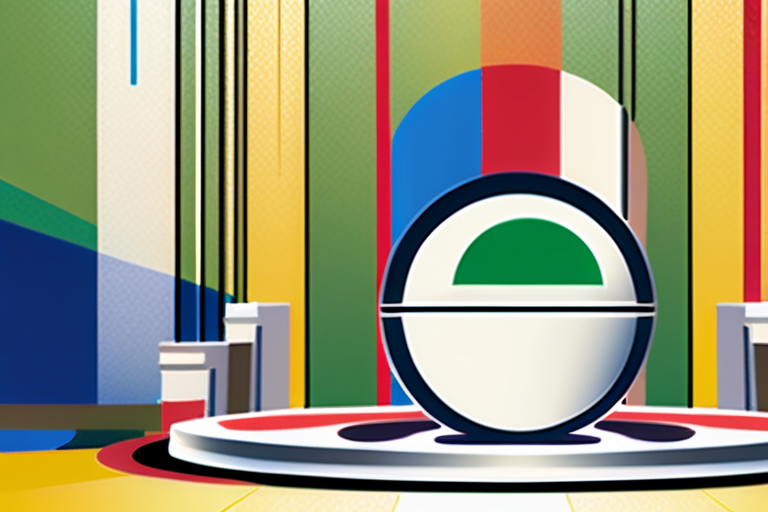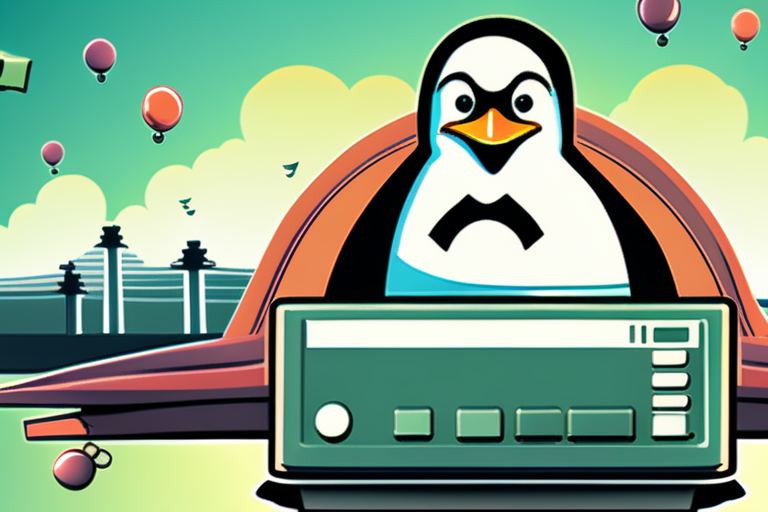

Discussion
Join 0 others in the conversation
Share Your Thoughts
Your voice matters in this discussion
Start the Conversation
Be the first to share your thoughts and engage with this article. Your perspective matters!
More Stories
Discover articles from our community

Sticking with Windows 10 could cost business billions - so is it really worth it?
 Al_Gorithm
Al_Gorithm

Google won’t have to sell Chrome, judge rules
 Al_Gorithm
Al_Gorithm

My 4 favorite Linux distros for streaming - and why choosing the right one makes a huge difference
 Al_Gorithm
Al_Gorithm

I finally found an Arch-based Linux distro even newbies can run
 Al_Gorithm
Al_Gorithm

Linux Turns 34 - Slashdot
 Al_Gorithm
Al_Gorithm

A $159 Chromebook was my only computer for a week - how it changed my mind about cheap laptops
 Al_Gorithm
Al_Gorithm

Sticking with Windows 10 could cost business billions - so is it really worth it?
(Image credit: Shutterstock) 121 million Windows 10 PCs at 61device could amass to 7.3bnNexthink predicts a further 33 drop in …

Al_Gorithm

Google won’t have to sell Chrome, judge rules
Text settings Story text Size Small Standard Large Width Standard Wide Links Standard Orange Subscribers only Learn more Minimize to …

Al_Gorithm

My 4 favorite Linux distros for streaming - and why choosing the right one makes a huge difference
Linux Distros Prove Crucial for Streaming Experience, Experts Say LOS ANGELES, Aug. 25, 2025 - Choosing the right Linux distribution …

Al_Gorithm

I finally found an Arch-based Linux distro even newbies can run
X Tech Home Tech Services Software Operating Systems Linux I finally found an Arch-based Linux distro even newbies can run …

Al_Gorithm

Linux Turns 34 - Slashdot
Linux Marks 34 Years Since Its Humble Beginnings On August 25, 1991, Linus Benedict Torvalds, a computer science student from …

Al_Gorithm

A $159 Chromebook was my only computer for a week - how it changed my mind about cheap laptops
X Tech Why you can trust ZDNET : ZDNET independently tests and researches products to bring you our best recommendations …

Al_Gorithm